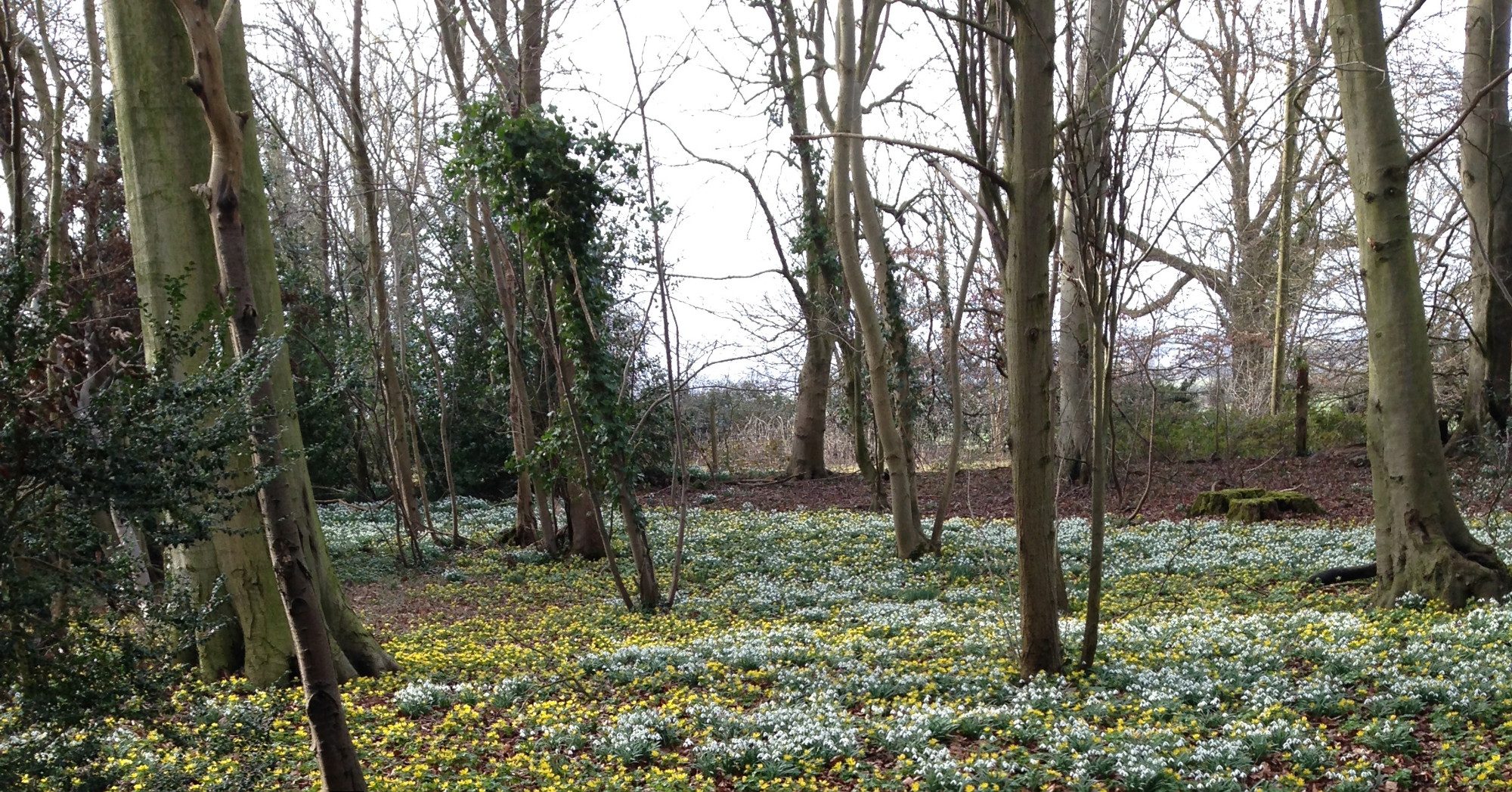Monday 7th February 2022 via Zoom and at Cox’s Community Room, Stapleford
LETS stands for Local Exchange Trading Scheme/System. Started by a Canadian, Michael Linton.
It is a skill-sharing club, with its own currency to pay for services. A timebank works with hours of time, CamLETS uses time but also the currency CAM – 10 to the hour, but people are flexible. People bargain/barter, and people charge what they think is a reasonable charge, even if it overruns a bit – charge made and price agreed depends on how valuable the service is to the people involved.
An accounting system provided by the national organisation LETS Link UK is used, and all accounts are open to view by all members. A member is “in credit” or “in commitment”, and their trading history is shown.
The Cambridge scheme was started by Peter in 1993, and averages at about 135 members. He has found it to be a great community-building exercise, with close friendships forming and members trusting each other. The reverse of competition and exploitation. Women seem to be better at this than men! They are looking to expand, post-covid, and would welcome new members.
There are LETS groups worldwide, and they are very successful in Australia, helping struggling communities co-operate and provide mutual aid to each other.
Peter recommended authors/books:
*Kate Raworth “Doughnut Economics” – discusses community-building, and the Cambridge group developing this kind of economics has several CamLETS members.
*Ece Temelkuran “Together: 10 Choices for a Better Now” – about a new politics that is fair, inclusive, but not heavily regulated.
*Bernard Lietaer “Money and Sustainability: the Missing Link” – a report for the Club of Rome. He argues that there needs to be a diversity of currencies to have resilience, then if there is a crash like in 2008 the whole edifice doesn’t crumble.
Questions and comments:
Is 135 the number of people that a human can remember/recognise? Are most LETS about this size?
Yes they are, though there are some bigger ones.
What skills/trades has CamLETS got?
Babysitting, food (PYO, batch cooking), car lifts, DIY, computer skills, clothes swaps, plant swaps. They also have trading meetings, Xmas fairs, etc where members can “sell” crafts, plants, etc. Often people will work on an allotment in return for some produce, or “hire” out a hedge trimmer to obtain CAMs to “pay” for a service they need.
Have you linked up with any Repair Cafes, so repairers could earn CAMs?
No they haven’t – though interested.
In Uganda, Bill said people wanted paying for building stoves, but there was no cash. LETS schemes could solve this.
LETS Link UK covers all the UK schemes. There is a Kenyan trading system.
John pointed out that tax is a way to redistribute wealth.
LETS are not taxed – HMRC decided they were “social favours”. VAT would be paid on a service provided by someone who normally does that same service for a living. In CamLETS, there is a “tax” on members to pay the core group an honorarium for attending meetings and so on – 10 CAMs an hour. There is no accumulation of wealth, so no redistribution needed – though Peter did acknowledge that some members with a popular skill got very in credit and didn’t know what to do with it. Conversely, if a person moves away and is in commitment, then they are in effect in debt. The open accounts help people see what’s happening early on.
It was observed that credit unions are a similar idea – though maybe not as open?
How do people choose to do a job?
It can be someone who has done one for you before, or is recommended – that’s human nature. Or you may choose to share your requests around more widely. Relationships and trust build over time.
Is the accounting system online?
Yes. Members are spread out so hard for them all to meet face-to-face despite monthly trading meetings, therefore there needs to be open proper accounts that log peoples’ balances.
It was observed that the more unequal a society is, the less trust there is in that society. LETS is the opposite of that.
Is work done at peoples’ own risk?
Yes – eg electrical equipment, babysitting. LETS will enable you to make contact, but you need to build trust and form relationships.
LETS should be lifeline in deprived areas, but Peter has found that when he has talked to such communities, there is mistrust, people are too busy just trying to cope. LETS are a very middle-class thing.
Is LETS similar to the Library of Things coming soon to Cambridge?
There are so many “3rd sector” groups, they need to talk to each other and make links. There is a “web of resilience” being built up to show these groups and how they overlap, and Cambridge 2030 are doing something similar too.
Discussion re tax eg land tax (first developed by Henry George). This could replace other taxes.
Notes by Helen Hale

